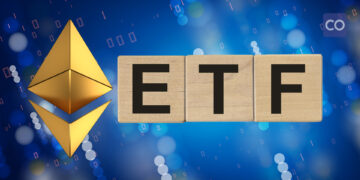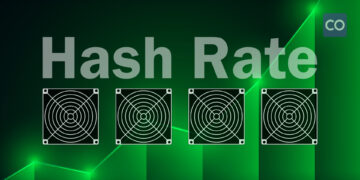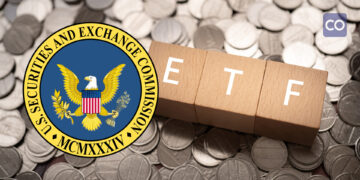DeFi is an acronym for “decentralized finance”, which denotes the network of financial applications built on blockchain platforms.
DeFi, or Decentralized Finance, can be characterized as the initiative that encourages the utilization of decentralized networks and open-source software to generate various financial services and products. The concept revolves around creating and managing financial DApps within a transparent and trustless infrastructure, such as permissionless blockchains and other P2P protocols.
At present, the trio of most significant roles within DeFi encompasses:
- Establishing financial banking services, such as the production of stablecoins.
- Offering platforms for peer-to-peer or collective lending and borrowing.
- Facilitating sophisticated financial tools like DEX, tokenization platforms, derivatives, and prediction markets.
In the three aforementioned areas, numerous kinds of DeFi services exist. Some additional instances of products and applications encompass financing protocols, tools for software development, index building, protocols for subscription payments, and applications for data analysis. DeFi decentralized applications can also be utilized for KYC, AML, and various other services related to identity management.
Decentralized finance offers a multitude of advantages over conventional financial services. Utilizing smart contracts and distributed systems simplifies and secures the process of launching a financial application or product. For example, many decentralized applications are being built on the Ethereum blockchain, resulting in decreased operational expenses and more accessible entry points.
In conclusion, the DeFi trend is transitioning conventional financial offerings to a decentralized and open-source environment. This eliminates the requirement for middlemen, decreases total expenses, and significantly enhances security.






